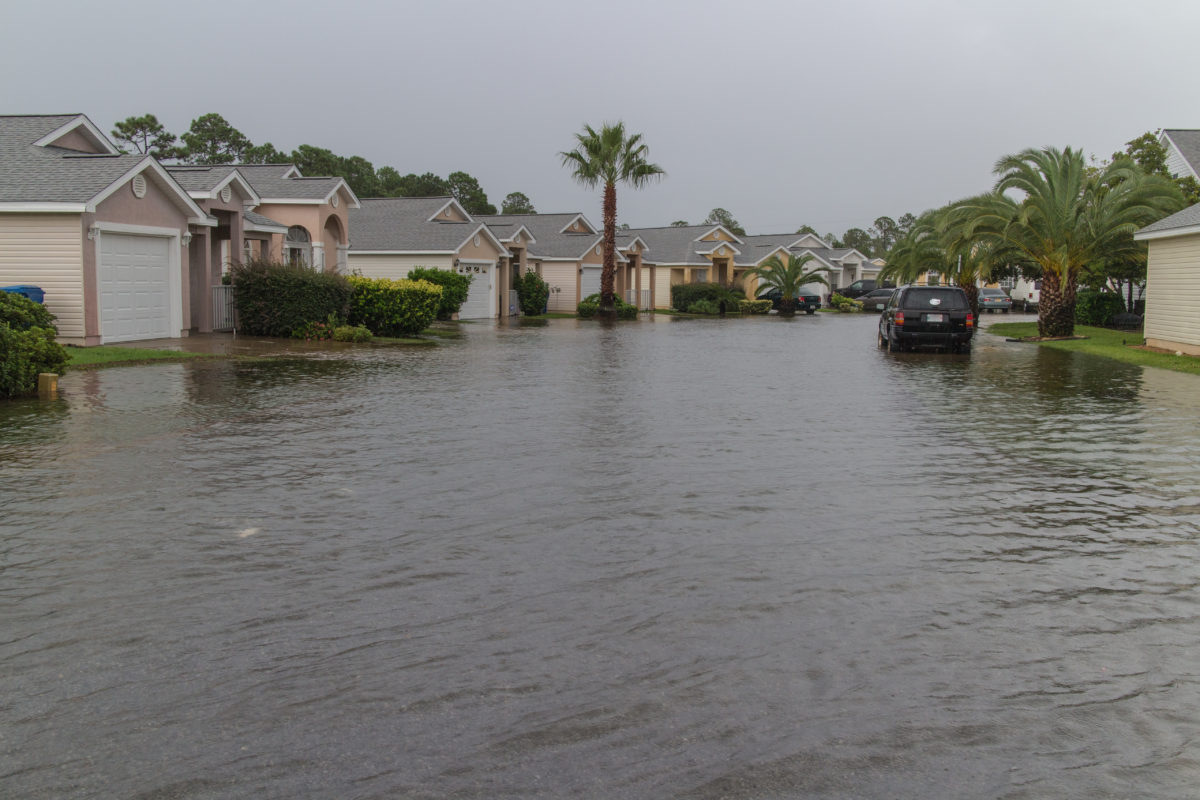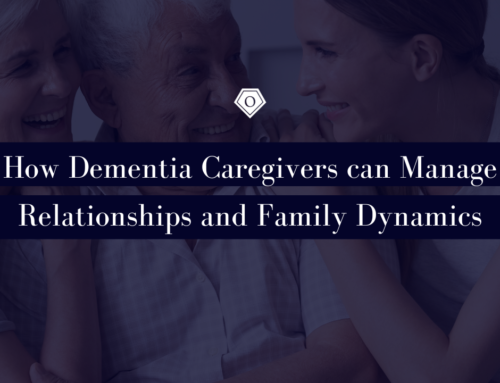All of the information below is courtesy of FEMA.
If You Are In A Life-Threatening Situation And You Need Rescue
- Call 911 first
- Then your local emergency management agency. If you are unable to connect with your local emergency services, then call the U.S. Coast Guard.
- Sector San Juan CC: (787) 289-2041
- Sector Miami CC: (305) 953-4617
- Sector Key West CC: (304) 433-3352
- Sector St. Petersburg CC: (727) 824-7506
- Sector Jacksnovile CC: (904) 714-7558
Preparedness & Safety
- Shelters remain open across the affected areas. Download the FEMA mobile app (available in English and Spanish) for directions to open shelters and weather alerts from the National Weather Service.
- If you have a National Flood Insurance Program (NFIP) flood policy, you may be eligible for reimbursement of actions taken to protect your property. Call your NFIP insurance agent to find out more.
Resources
- Visit the National Hurricane Center for the latest on the storm.
- Visit ready.gov or www.listo.gov (Spanish) for tips on how to prepare for and stay safe during hurricanes and flooding.
- Download the FEMA Mobile App to receive alerts from the National Weather Service, get safety and survival tips, customize your emergency checklist, find your local shelter, and upload your disaster photos to help first responders.
- Virgin Islands Hurricane information | Virgin Islands Alert
Florida Disaster | Flordia Get a Plan
After The Hurricane
- Avoid debris, downed power lines, and flood water, which may be electrically charged and hide dangerous debris or places where the ground is washed away. Avoid downed power or utility lines as they may be live with deadly voltage. Stay away and report them immediately to your power or utility company.
- Emergency workers may be assisting people in flooded areas or cleaning up debris. You can help them by staying off the roads and out of the way as much as possible.
- If your home has flood water inside or around it, don’t walk or wade in it.The water may be contaminated by oil, gasoline, or raw sewage.
- If you have a flooded basement in your home, never attempt to turn off power or operate circuit breakers while standing in water.
- If your power is out, safely use a generator or battery-operated flashlights.
- Never use a generator inside a home, basement, shed or garage even if doors and windows are open.
- Keep generators outside and far away from windows, doors and vents. Read both the label on your generator and the owner’s manual and follow the instructions.
- Avoid plugging emergency generators into electric outlets or hooking them directly to your home’s electrical system – they can feed electricity back into the power lines, putting you and line workers in danger.
Beware Of Fraud & Price Gouging
After a disaster scam artists, identity thieves and other criminals may attempt to prey on vulnerable survivors. The most common post-disaster fraud practices include phony housing inspectors, fraudulent building contractors, bogus pleas for disaster donations and fake offers of state or federal aid.
Survivors should keep in mind:
- FEMA does not authorize individual contractors to solicit on its behalf. Beware of any individual contractors contacting you directly on behalf of FEMA to sign you up for debris removal or remediation services.
- If you have any concerns about individuals representing themselves as FEMA or would like to report fraud, please contact the National Center for Disaster Fraud at (866) 720-5721 or via email at disaster@leo.gov.
- Federal and state workers never ask for, or accept money, and always carry identification badges
- There is NO FEE required to apply for or to get disaster assistance from FEMA, the U.S. Small Business Administration or the state
- Scam attempts can be made over the phone, by mail or email, text or in person
Price Gouging
Price gouging occurs when a supplier marks up the price of an item more than is justified by his actual costs. Survivors are particularly susceptible because their needs are immediate, and have few alternatives to choose from. If you find price gouging, contact you the Florida State Office of the Attorney General.
Report Price Gouging
- Call: 1-866-966-7226
- Price Gouging Complaint form
Dealing with Contractors:
Survivors should take steps to protect themselves and avoid fraud when hiring contractors to clean property, remove debris or make repairs.
Simple rules to avoid becoming a victim of fraud:
- Only use contractors licensed by your state
- Get a written estimate and get more than one estimate
- Demand and check references
- Ask for proof of insurance
- e., liability and Workmen’s Compensation
- Insist on a written contract and refuse to sign a contract with blank spaces
- Get any guarantees in writing
- Make final payments only after the work is completed
- Pay by check.
The best way to avoid fraud is to arm yourself against it by having a checklist to remind you of what you need to demand when hiring a contractor.






